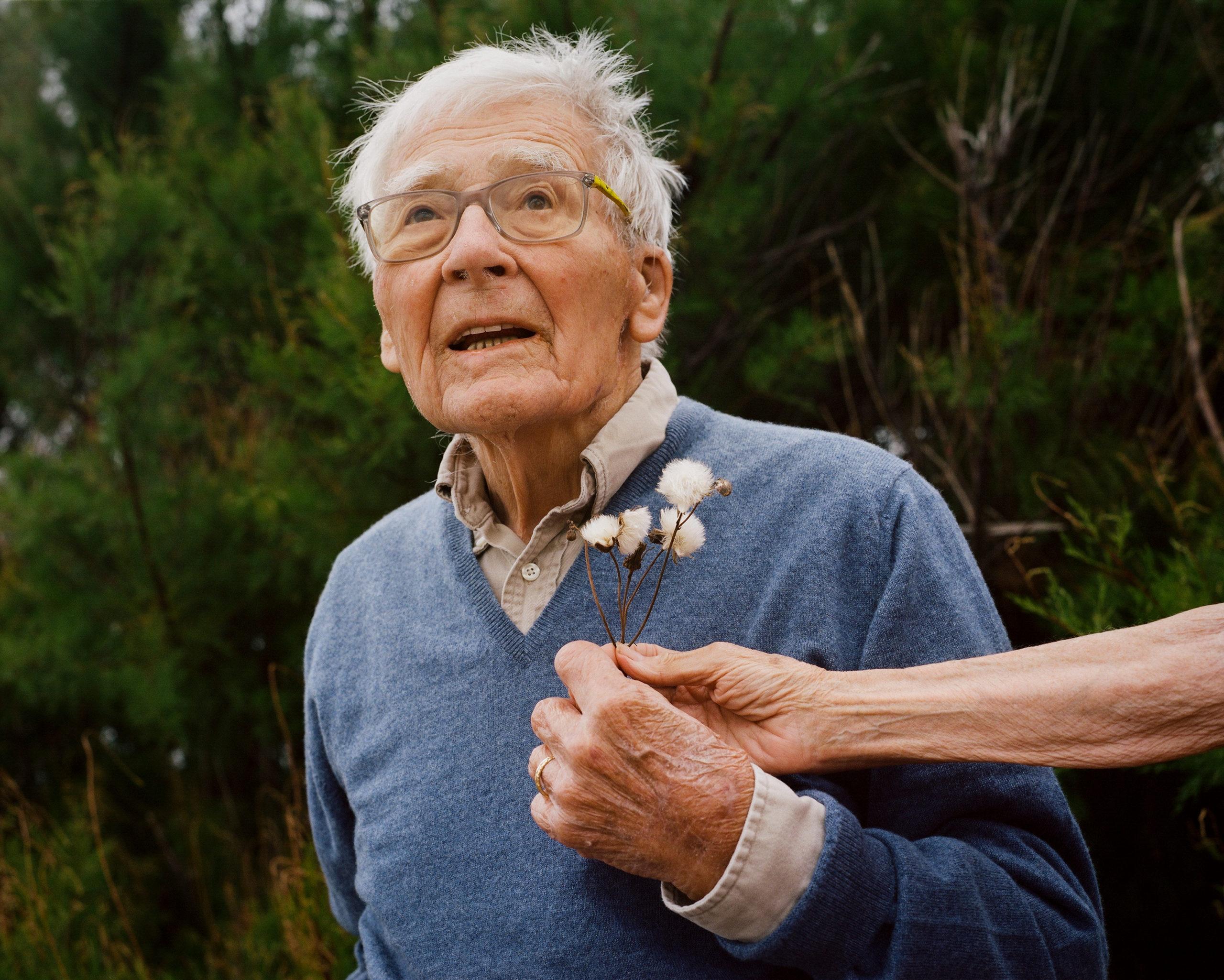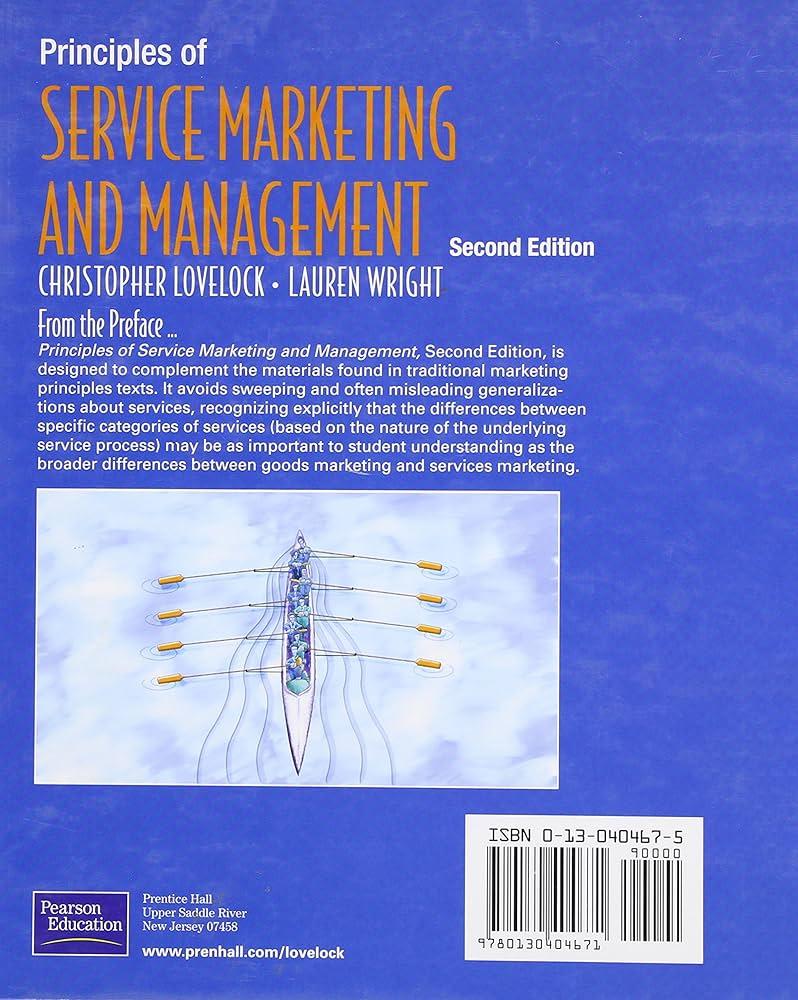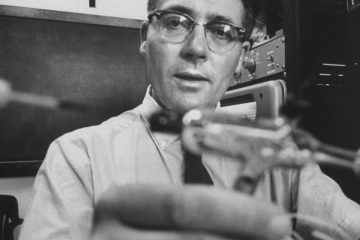Table of Contents
- The Legacy of James Lovelock and His Insights on Global Health in the Era of COVID
- Understanding the Gaia Theory and Its Implications for Pandemic Response
- James Lovelocks Perspectives on Climate Change and Its Links to Viruses
- Recommendations for Adapting Lovelocks Principles in Public Health Strategies
- The Future of Human and Environmental Health: Lessons from James Lovelocks Work
- Q&A
- Key Takeaways

The Legacy of James Lovelock and His Insights on Global Health in the Era of COVID
James Lovelock, renowned for the Gaia hypothesis, has profoundly influenced our understanding of environmental interconnectivity and health. His insights resonate particularly during the COVID-19 pandemic, prompting a reevaluation of how human activities affect global ecosystems. As we grapple with a world increasingly shaped by climate change and public health crises, Lovelock’s messages serve as a crucial reminder of our planet’s fragility and the intertwined destinies of humanity and nature.
During the pandemic, Lovelock’s emphasis on the importance of biodiversity sheds light on how ecological health is vital for human wellness. He argues that the decline of natural habitats leads to increased zoonotic diseases, like COVID-19, which leap from animals to humans. In this context, it is essential to prioritize the preservation of ecosystems to safeguard public health. Not only does this approach address environmental sustainability, but it also builds a resilient society capable of better facing future threats.
To honor Lovelock’s legacy, we should adopt a multi-faceted approach to health and the environment. This includes:
- Promoting sustainable practices in agriculture and urban planning.
- Investing in green technologies that mitigate health risks.
- Encouraging community-driven biodiversity initiatives to restore local ecosystems.
Understanding the Gaia Theory and Its Implications for Pandemic Response
The Gaia Theory, proposed by scientist James Lovelock, presents a revolutionary perspective on Earth’s biosphere as a self-regulating system. This theory suggests that living organisms interact closely with their inorganic surroundings to maintain conditions suitable for life. As we face global challenges like pandemics, understanding this interconnectedness becomes crucial. The implications of the Gaia Theory highlight the importance of ecosystem health in preventing disease outbreaks. By recognizing that human health is deeply intertwined with the health of the planet, we can approach pandemic responses with a more holistic mindset.
To effectively combat pandemics, a Gaia-influenced strategy emphasizes the following principles:
- Ecosystem Preservation: Protecting biodiversity can reduce the chances of zoonotic diseases spilling over to humans.
- Environmental Monitoring: Continuous observation of environmental changes can help predict potential health threats.
- Community Resilience: Promoting local agriculture and reducing pollution can strengthen community health against outbreaks.
Implementing these strategies in pandemic response not only addresses the immediate health crisis but also fosters healthier ecosystems. A recent study examined the correlation between ecosystem degradation and virus emergence, revealing a clear pattern: as forests shrink and biodiversity declines, the risk of pandemics increases. Thus, the Gaia Theory isn’t merely an ecological concept; it suggests actionable pathways for healthier future societies where a sustainable balance between human activities and natural systems is prioritized.

James Lovelocks Perspectives on Climate Change and Its Links to Viruses
James Lovelock, the renowned scientist and environmentalist, has long been a voice advocating for a deeper understanding of our planet’s complexities, particularly concerning climate change. His Gaia Theory suggests that Earth’s biological and physical components operate in harmony, creating a self-regulating system. In his perspective, climate change is not merely an environmental issue but a multifaceted crisis that interconnects with various biological phenomena, including the emergence of new viruses. Lovelock emphasizes that as ecosystems undergo stress, they can trigger unexpected outcomes, leading to the proliferation of pathogens. This connection provides a stark warning about the cascading effects of climate degradation on our health.
Understanding the links between climate change and viral outbreaks requires an examination of changing habitats and biodiversity. As global temperatures rise, many species are forced to migrate to more hospitable environments. This shift can lead to increased human-wildlife contact, facilitating the spillover of viruses from animals to humans. Lovelock argues that our encroachment into natural habitats, spurred by climate change, is creating a “perfect storm” for zoonotic diseases. He cautions that without measures to address both climate action and conservation, we might witness an increase in viral outbreaks, creating direct challenges for global health systems.
To effectively combat these intertwined crises, Lovelock advocates for a multi-pronged approach that includes:
- Restoration of ecosystems to maintain biodiversity and reduce pathogen transmission risks.
- Investment in renewable energy to mitigate climate change impacts and decrease reliance on fossil fuels.
- Increased surveillance of wildlife and viral activity to understand emerging threats before they escalate.
By recognizing the profound links between climate change and public health, we can better prepare for potential future pandemics and implement preventative strategies that protect both the planet and humanity.

Recommendations for Adapting Lovelocks Principles in Public Health Strategies
To effectively integrate Lovelock’s principles into public health strategies, collaboration among various stakeholders must be prioritized. Public health agencies, environmental organizations, and local communities should work hand-in-hand to develop programs that consider both human health and ecological balance. Implementing initiatives that promote community engagement will not only enhance trust but also encourage shared responsibility for health outcomes. Such integration can be achieved through:
- Multi-sector partnerships to address health equity and environmental sustainability.
- Joint campaigns aimed at raising awareness about the intertwined nature of health and the environment.
- Utilizing technology to gather and analyze data that reflect the impact of ecological changes on health.
Furthermore, adopting a systems approach is essential for understanding the dynamic interactions between health, environment, and policy. This could involve the creation of a comprehensive framework that outlines the role of various ecological factors in disease emergence and spread. By establishing a clear flow of information, public health officials can make informed decisions that are not only reactive but also proactive. Key components of this framework might include:
| Component | Description |
|---|---|
| Surveillance Systems | Monitoring ecological changes that influence public health risks. |
| Policy Integration | Creating public health policies that include environmental considerations. |
| Resilience Building | Strengthening community capacities to adapt to health and environmental changes. |
education and advocacy play a crucial role in adapting Lovelock’s principles within public health discourse. Fostering a culture of interdisciplinary learning encourages public health officials to broaden their perspective beyond traditional methods. Workshops, public forums, and seminars could serve as platforms to disseminate knowledge on sustainable practices and their impact on health. To effectively advocate these ideas, public health campaigns should focus on:
- Highlighting case studies that demonstrate successful adaptation of Lovelock’s principles.
- Creating educational materials for different audiences, from policymakers to local residents.
- Emphasizing the health benefits of a healthy ecosystem, thereby motivating action.

The Future of Human and Environmental Health: Lessons from James Lovelocks Work
James Lovelock’s extensive body of work reveals profound insights into the interconnectedness of human and environmental health. As we navigate challenges like pandemics, his concepts of Gaia — the idea that Earth operates as a self-regulating system — remind us that disruptions to our environment can have cascading effects on public health. His research emphasizes the importance of recognizing our place within this system, underscoring that our health is intricately linked to the wellbeing of our planet.
Lessons from Lovelock’s philosophy also urge us to reconsider our approaches to health crises. In the face of COVID-19, for example, it became evident that environmental degradation can exacerbate health vulnerabilities. Many pathogens thrive in disrupted ecosystems, highlighting the need for a more integrated approach to public health policy. This perspective encourages action on global issues, focusing on sustainable practices that not only aim to eradicate diseases but also to restore and protect our natural habitats.
Adopting Lovelock’s vision involves a shift towards a holistic understanding of health that prioritizes prevention and sustainability. To facilitate this transition, several key strategies emerge:
- Promoting Biodiversity: Supporting ecosystems can help buffer against disease spread.
- Sustainable Urban Development: Creating green spaces contributes to both mental and physical health.
- Investment in Clean Technologies: Reducing pollution can lead to healthier communities.
By revaluating our relationship with nature and implementing these strategies, we can better align our health priorities with the ecological realities of our planet, drawing directly from the pioneering ideas of Lovelock.



0 Comments